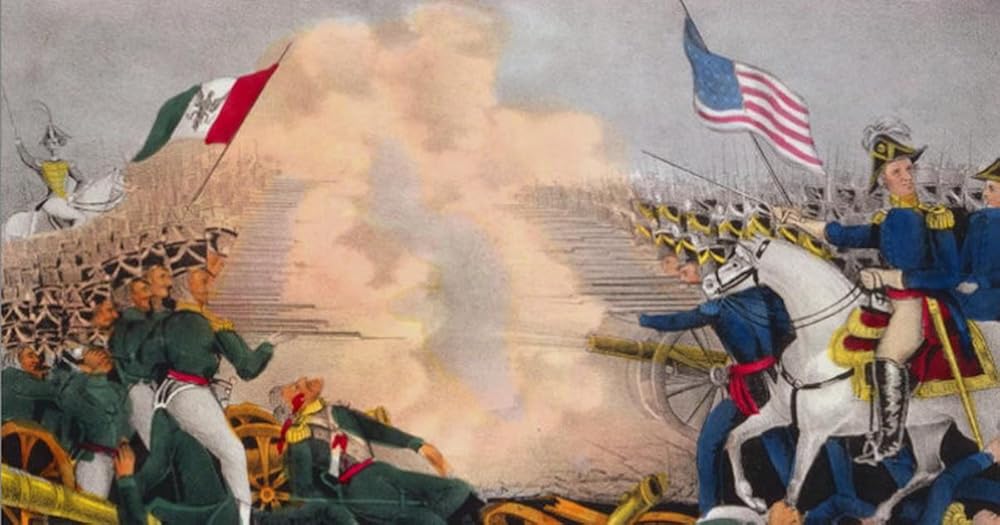
On May 13, 1846, the U.S. Congress declared war on Mexico,
following a request from President James K. Polk. This
declaration marked the beginning of the Mexican-American
War, a conflict rooted in disputes over Texas and other
territories.




After nearly two years of fighting, peace was established by the
Treaty of Guadalupe Hidalgo, signed on February 2, 1848. The
Rio Grande was made the southern boundary of Texas, and
California and New Mexico were ceded to the United States.
In return, the United States paid Mexico the sum of $15 million
and agreed to settle all claims of U.S. citizens against Mexico.













